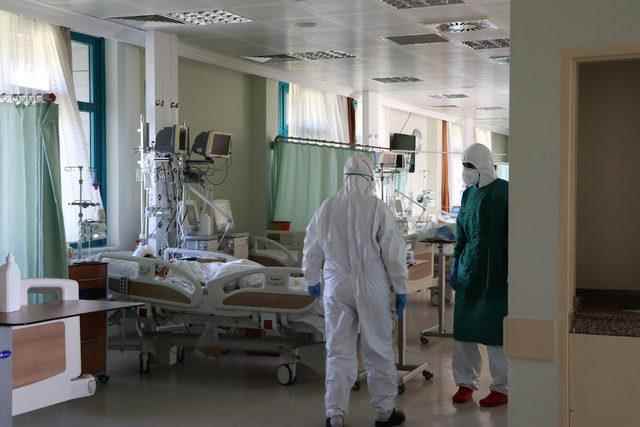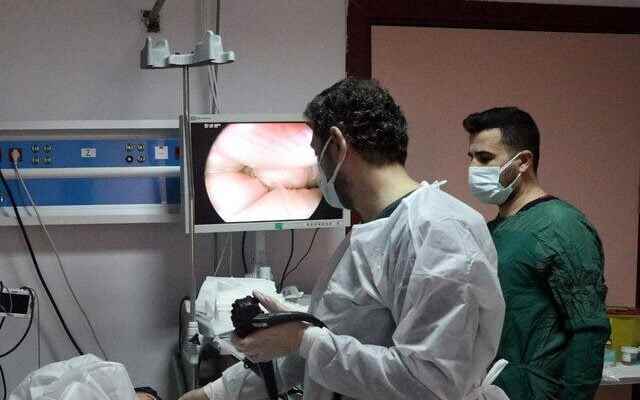Research on the coronavirus, which has been in our lives for about 2 years, affecting the whole world and causing millions of people to die, continues.
Gazi Yaşargil Training and Research Hospital Gastroenterology Department specialists conducted research on the gastrointestinal system on patients who had coronavirus. In a study conducted on 3,000 patients, it was found that 1 out of every 2 patients had at least 1 symptom related to stomach and intestinal disorders. Gastroenterology Specialist Dr. Berat Ebik said that the most common complaint in those who have coronavirus is abdominal pain, and then those with symptoms such as diarrhea, gas, bloating, nausea, vomiting and constipation often apply to their polyclinics.
“ULCERS OCCURRED IN 2% OF THE PATIENTS”
Noting that 50 percent of 3 thousand patients had symptoms in their research, and 2 percent of them had ulcers, Dr. Ebik said, “Most of the complaints were actually due to the deterioration of the gastrointestinal tract movements after the viral infection, caused by the virus itself. Most of these are temporary, but some of them can last between 1 and 3 months, or the patient may have to consult a physician due to this complaint. It turns into a form that affects his life, deteriorates the quality of the food he eats, and prevents him from enjoying the food he eats. It can affect the patient’s work life and lifestyle. The patient has to go to the doctor frequently because of these complaints. He needs to use a lot of medication. If these symptoms last for a long time, he should see a specialist. Preliminary “He will have his tests done and treated. At least 1 out of every 2 coronavirus patients has symptoms related to the gastrointestinal system,” he said.

“HEAVY AND OILY MEALS MUST AVOID”
Dr. Berat Ebik stated that there may be complaints such as abdominal pain, gas and bloating, which disrupt the functioning of the intestine, not only after the coronavirus but also other viral infections, and said, “Our recommendation is that people who have had this type of infection, including coronavirus and other viral or bacterial infections, should at least include them in their diet during this period. They should especially avoid heavy and oily meals and not consume salty foods too much. Salt can increase nausea, heavy oily foods can cause both indigestion and bloating. It can also cause diarrhea in some patients. It is recommended that they spend this period with a lighter, watery, low-fat diet. I can say that most of the symptoms can disappear without going to the doctor after 3-4 weeks of fasting like this,” he said.
(DHA)
